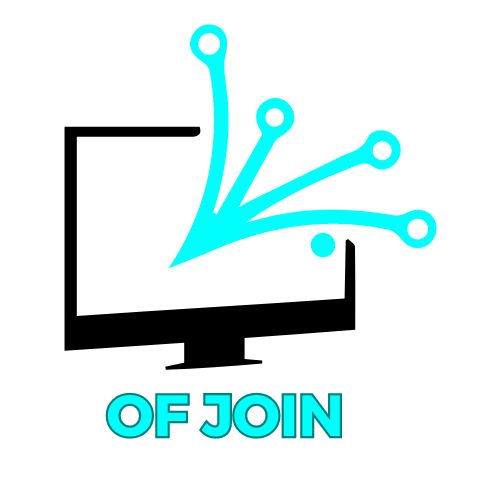Top Tech Skills to Learn in 2025 to Stay Ahead
As technology continues to evolve at lightning speed, the demand for future-proof skills is more urgent than ever. Whether you’re a seasoned professional, a college student, or someone considering a career shift, 2025 is the perfect year to upskill. Companies are no longer hiring solely based on degrees—they’re looking for people who understand the technologies shaping the future of work.
So, what are the most valuable tech skills to learn in 2025? Here’s a breakdown of the top areas you should focus on if you want to stay competitive and relevant in today’s digital economy.
1. Artificial Intelligence (AI) and Machine Learning (ML)
AI and ML continue to dominate every sector, from healthcare to finance to marketing. Businesses rely on these technologies to analyze data, automate workflows, detect fraud, and personalize customer experiences.
In 2025, knowing how to build, train, or work alongside AI systems is a game-changer. Even if you’re not a data scientist, learning the basics of how machine learning works—along with tools like Python, TensorFlow, or scikit-learn—will make you incredibly valuable across industries.
2. Cloud Computing
Cloud infrastructure powers nearly everything we do online today. Companies are shifting away from on-premises servers to platforms like AWS, Microsoft Azure, and Google Cloud for scalability, security, and cost efficiency.
Cloud computing isn’t just for engineers—it’s for project managers, marketers, analysts, and more. Understanding cloud architecture, deployment models, and basic services like virtual machines, storage, and APIs gives you a leg up, no matter your role.
3. Cybersecurity
As technology advances, so do cyber threats. In 2025, cybersecurity is a top priority for every business, government agency, and nonprofit. From ransomware attacks to data breaches, organizations need experts who can protect sensitive information and maintain compliance.
Learning skills in network security, ethical hacking, incident response, and risk assessment—along with certifications like CompTIA Security+ or CISSP—can open doors to high-paying and high-impact careers.
4. Data Literacy and Analytics
We live in a data-driven world. But data is only as useful as the insights we can extract from it. That’s why data literacy is becoming a required skill—not just for analysts, but for everyone.
Knowing how to clean, interpret, and visualize data using tools like Excel, Tableau, Power BI, or SQL allows you to make smarter decisions and influence strategy. Even a basic understanding of data storytelling can elevate your communication skills in any job.
5. Programming (Especially Python, JavaScript, and SQL)
Programming continues to be one of the most versatile skills you can have. Python remains the most in-demand language, especially in AI, data science, and automation. JavaScript is essential for web development, while SQL is foundational for working with databases.
Even if you don’t plan on becoming a full-time developer, learning to write scripts or automate tasks can streamline your workflow and make you a more efficient team member.
6. UX/UI Design
In 2025, user experience is everything. Whether it’s a website, app, or internal dashboard, users expect intuitive, seamless, and beautiful interfaces. UX/UI design blends creativity with psychology and technology.
Skills in wireframing, prototyping, usability testing, and tools like Figma, Adobe XD, or Sketch are highly sought after. If you enjoy solving problems visually, this field offers a great mix of tech and design.
7. Blockchain and Web3
While the hype around crypto may have cooled, the underlying technology—blockchain—is gaining traction for its security, transparency, and decentralized structure. Applications in supply chain, identity verification, and smart contracts are growing.
Learning how blockchain works, along with platforms like Ethereum or Solidity, can put you at the forefront of next-gen innovation.
The job market in 2025 is dynamic, fast-paced, and more tech-focused than ever. The good news? You don’t have to master every skill. Pick one or two that align with your interests and career goals and start small—whether that’s through free online courses, bootcamps, or hands-on projects.
The key is to stay curious, keep learning, and never get too comfortable. Because in the world of tech, standing still means falling behind.







